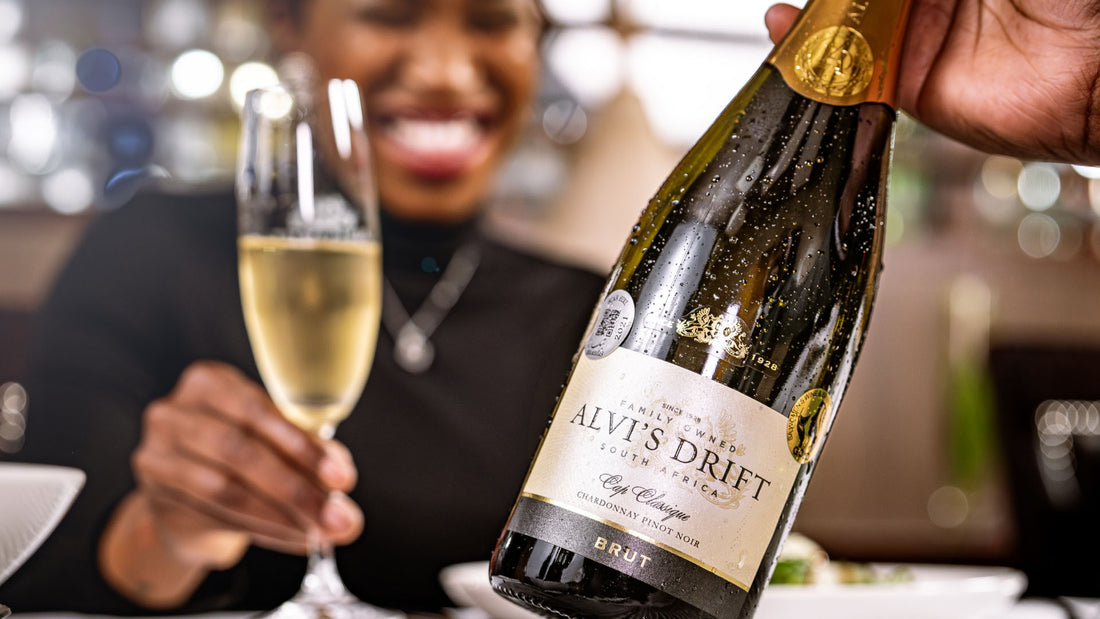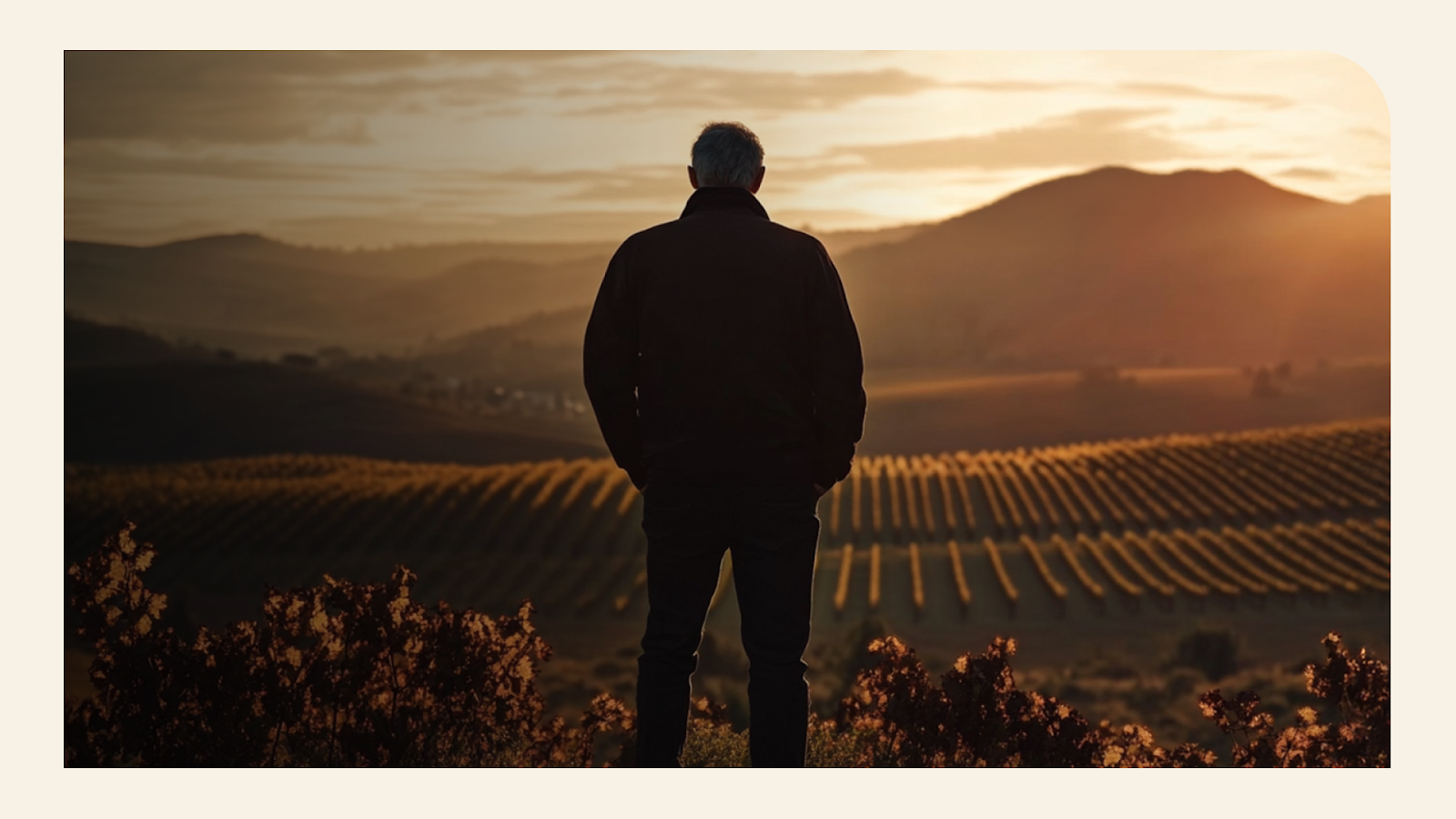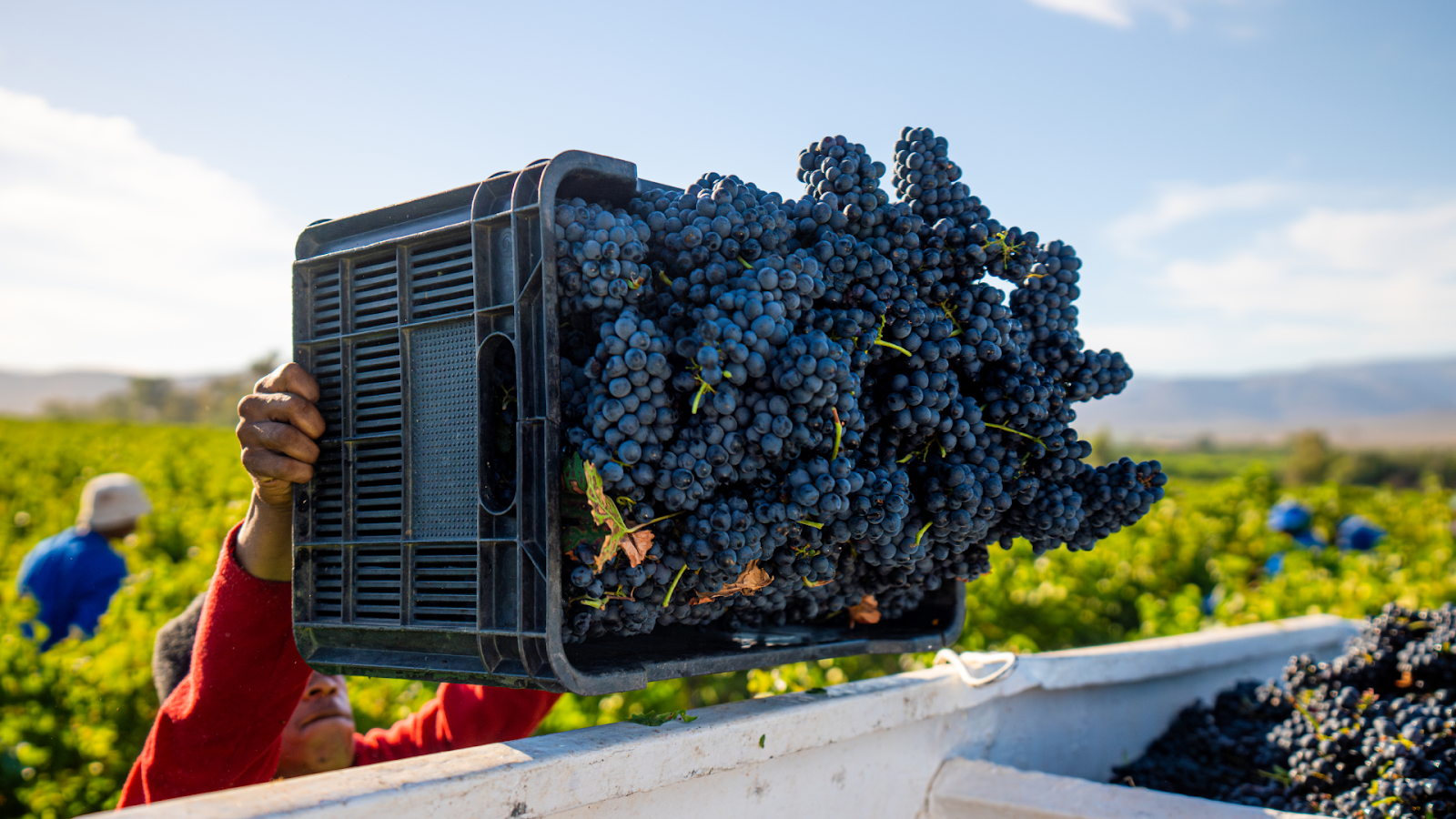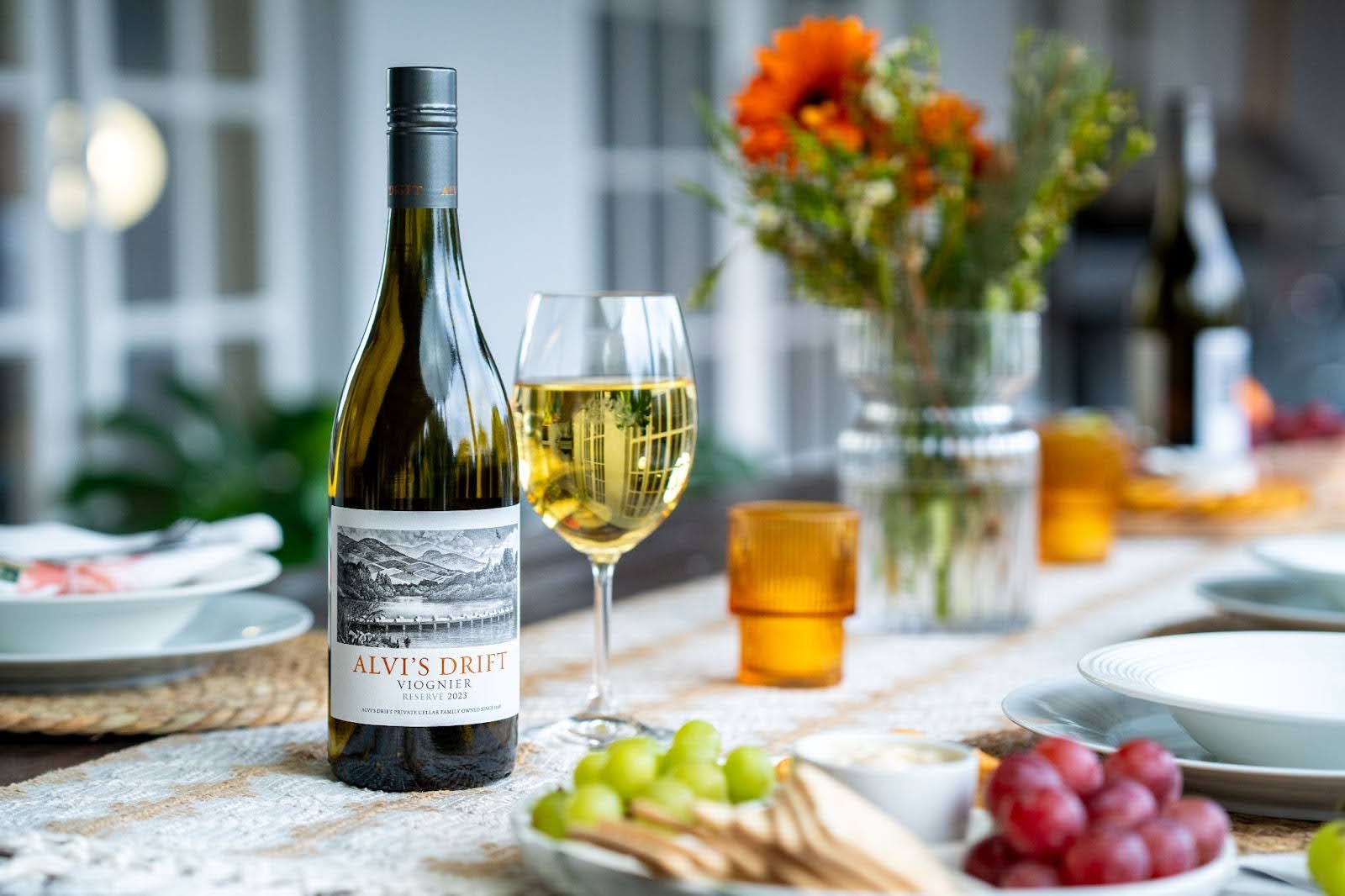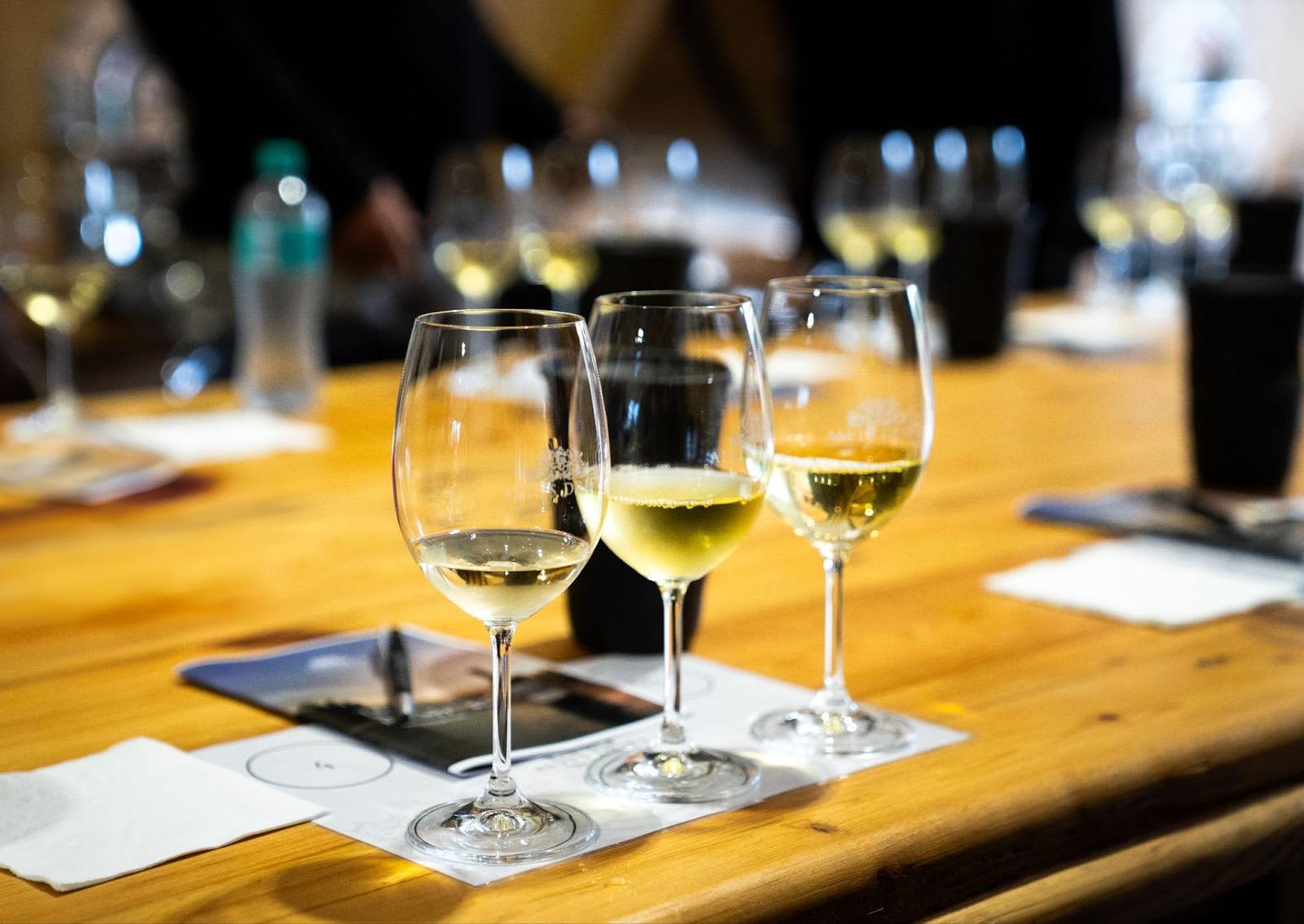Are you a fan of the effervescent joy that comes from popping open a bottle of ice-cold bubbly? If so, you're in for a treat, because today we're diving into the fascinating world of sparkling wines!
You might think of sparkling wine as just one type of bubbly delight, but did you know that it comes in a myriad of styles, each with its own unique characteristics? From the renowned French Champagne to Crémant, Spanish Cava, Asti Spumanti and the lively Italian Prosecco (and beyond!), the world of sparkling wine is as diverse as it is delightful.
In this blog, we'll unveil the secrets of two contrasting styles of sparkling wine: Brut and Sweet (also known as Doux).
Ever wondered what makes Brut wines so dry and crisp or what gives sweet sparkling wines their luscious, dessert-like quality? We'll help you understand how to choose the perfect bottle for your palate.
Whether you're a seasoned wine connoisseur or just dipping your toes into the world of sparkling wines, there's something here for everyone.
So, if you're ready to embark on a sparkling adventure and discover the nuances between Brut and sweet sparkling wines, let's pop that cork and get started!
Brut Nature to Vin Doux – Exploring the Sweetness Levels of Sparkling Wine
 |
 |
 |
 |
When it comes to which is better, Brut or Sweet, the short answer is neither – it simply comes down to your taste preference.
But there are some interesting differences between dry and sweet sparkling wines. Not just when it comes to taste but also in how these wines are produced.

Brut vs Sweet Sparkling Wine
When picking one type of sparkling wine over the other, it’s really just a matter of taste. Some palates are fond of dry wines, while others prefer something sweeter. One is certainly not better or superior to the other, judged on its sugar levels alone.
However, it’s interesting to note that wine enthusiasts who have been tasting and enjoying wine for longer, tend to have a preference for drier wines. Sparkling wine is no exception.
What Is Brut Sparkling Wine?
Brut means “dry”, “raw”, or “unrefined” in French. Brut is the dry (meaning the least sweet) category of sparkling wine, whether carbonated or bottle-fermented. To be labelled Brut, the sparkling wine must be made with less than 12 grams of added grape concentrate sugar per litre.
What Is Sweet Sparkling Wine?

The term “sweet sparkling wine” may sound self-explanatory, but sparkling wine can be sweetened during the dosage stage of the winemaking process, or it can be created from sweet, aromatic grapes.
If the wine is sweetened by dosage (adding grape concentrate with a high level of sugar to the wine), it will be labelled either Sec, Demi-Sec, or Doux.
The Brut and Sweet Categories – A Closer Look

Did You Know?
In sparkling wine, the Extra Brut and Brut Nature categories each have a defined sugar content. However, the overall Brut category has a broad scale of sweetness.
If you prefer your bubbles dry and low in sugar, be sure to opt for Extra Brut or Brut Nature!
Brut vs Sec
Brut Nature is the driest of all sparkling wines, with no “dosage” or extra grape concentrate added during the production process. Only if there is less than three grams of sugar per litre with no grape concentrate added can a sparkling wine be labelled “Brut Nature”.
Extra Brut comes after Brut Nature. These wines have a very low sugar content of less than 6 grams per litre.
Then follows Brut, the last and third-driest option in the Brut category. Brut sparkling wines have a sugar level of 12 grams or less.
The sweeter sparkling wine category begins with Extra-Sec. This means “extra dry” in French, but despite the name, there’s a hint of sweetness present, with 12 to 17 grams of sugar per litre.
Sec follows Extra-Sec. In French, sec means “dry”. However, this category of sparkling wine is noticeably sweet, with a sugar content of 17 to 32 grams per litre.
Demi-Sec is the next category. This term is French for “medium-dry”. However, this wine is markedly sweet, with a sugar content of 32 to 50 grams per litre.
The last category is Doux. In French, this means “sweet”. This sparkling wine is indeed extremely sweet, with a sugar content of 50 grams per litre or more.
 |
 |
The European Union forbids the use of the term "Méthode Champenoise" on sparkling wines produced outside of France’s Champagne region. Instead, they must use the term "Méthode Traditionnelle" or “Traditional Method”.
The Taste Profile of Brut Sparkling Wine
 |
 |
Carbonated Brut sparkling wines typically feature bright, crisp flavours highlighted by notes of green apple, citrus, and toast. By contrast, bottle-fermented Brut sparkling wines, like South Africa’s Cap Classique, often exhibit notes of brioche, toast, yellow apple, honeycomb, almond, and occasionally hazelnut.
Pairing Foods with Brut Sparkling Wine
Brut sparkling wine’s versatility shines through in its ability to pair well with a wide range of dishes, from sushi to roasted chicken to salty french fries.
Its pleasant dryness makes Brut sparkling wine a popular choice for celebratory toasts – or for sipping on its own. Enjoying fresh oysters with a glass of dry sparkling wine is a well-known culinary practice.
Dry sparkling wine also excellently complements creamy seafood canapes, chicken liver pâté and foie gras.
The Taste Profile of Sweet Sparkling Wine
Sweet sparkling wine is known for its rich and creamy texture. This style of wine often boasts aromas of honey and baked apple with subtle floral notes. Ripe-fruit flavours like peach and apricot are often present on the palate, balanced by a light, gentle acidity.
Pairing Foods with Sweet Sparkling Wine
As a result of its high sugar content, both Doux and Demi-Sec sparkling wines are often served by themselves as sweet aperitifs. Sweet sparkling wine is also enjoyed as a dessert wine, often alongside a cheese platter, cake or other sweet delights.
 Doux sparkling wines are known to pair very well with both spicy and sweet foods, citrus-based confectionaries and dark chocolate.
Doux sparkling wines are known to pair very well with both spicy and sweet foods, citrus-based confectionaries and dark chocolate.
More About Alvi’s Drift’s Brut Cap Classique Wines
At our winery, we pride ourselves on our carefully crafted, internationally acclaimed, multi-award-winning sparkling wines.
Our Cap Classique wines originate from mature Chardonnay vineyards growing in the Breede River Valley’s ancient limestone soils, and from the high-quality grapes of our Pinot Noir vineyards, grown on north-facing slopes in rare, black slate soil.
Benefitting from our wine ward’s cooler climate, both these vineyards are perfectly positioned for yielding grapes of the quality, character and complexity required to produce world-class Cap Classique wines.
Alvi’s Drift Brut Nature Cap Classique
Our Brut Nature Cap Classique is a bone-dry, bottle-fermented sparkling wine with lively bubbles and a fine mousse crown. Its nose offers intense aromas of baked brioche, lemon cream, and hints of walnut and nougat. The wine’s lively palate features a chalky mousse with nut and stone-fruit nuances that lead to a creamy lemon finish.
Serve this multi-award-winning, zero dosage Brut Nature with fresh oysters and grilled prawns, or enjoy it with a mushroom quiche or pear, goat’s cheese and walnut salad.
Alvi’s Drift Brut Cap Classique
Youthful in character, our refined Brut Cap Classique presents a refreshing bouquet of citrus, lemon cream and just a hint of almond. Boasting a lively, finely textured mousse, the wine’s crisp acidity bursts onto the palate, delivering delicious depth and a delectable, lingering aftertaste.
An excellent companion to grilled fish or chicken, this internationally acclaimed, multi-award-winning bottle-fermented sparkling wine is best served as a welcoming drink alongside creamy seafood canapés or raspberry-baked Brie.
More About Alvi’s Drift’s Sparkling Wines
Our dry sparkling wines are crafted from our third-generation winery’s Pinot Noir and Chardonnay vineyards. As with the esteemed Champagne houses of France, these grape varieties also form the foundation of Alvi’s Drift’s sparkling wine collection.
Situated on cool, south-facing slopes and benefitting from a perfect Mediterranean microclimate, the ancient shale soils of our family farm’s vineyards are ideal for producing world-class sparkling wines.
Alvi’s Drift Sparkling Brut Rosé
Our Sparkling Brut Rosé is a vibrant, salmon-pink wine that exudes notes of crisp green apple, with hints of pomegranate and strawberry. It boasts a lively mousse and dry finish with hints of watermelon and candyfloss, making it perfect for summertime enjoyment and celebrations. This popular, award-winning sparkling wine is aged on lees for added depth and mouthfeel.
Perfect for enjoying with spicy foods, this dry-yet-fruity sparkling wine also complements roast duck, cured meats and cured fish.
Alvi’s Drift Sparkling Brut Blanc de Blanc
With a zippy acidity and vibrant palate, our Sparkling Brut Blanc de Blanc boasts lots of lively bubbles with ample fresh fruit following through.
This pale straw-coloured wine is crafted from only hand-harvested Chardonnay grapes. Berries are whole-bunch pressed, after which free-run juice is cold fermented. Like our Sparkling Brut Rosé, this multi-award-winning sparkling wine is matured on lees for added complexity.
Enjoy this popular sparkling wine as a welcome drink with fresh oysters, sushi, or fish pâté. It will also complement grilled seafood or chicken dishes.
Explore Our Award-Winning Brut Sparkling and Cap Classique Wines
Visit our online shop to find your favourites among our collection of internationally acclaimed sparkling and bottle-fermented brut Cap Classique wines.
